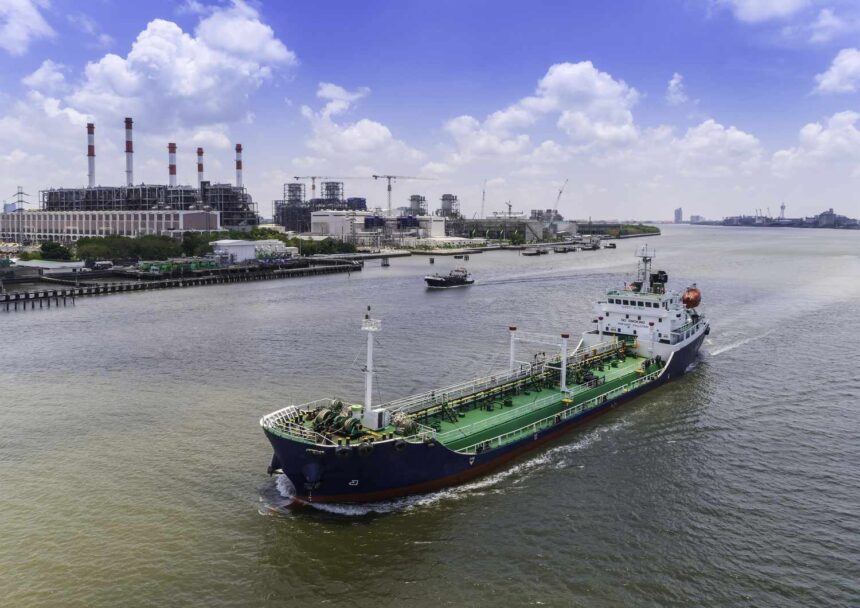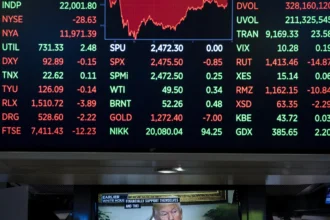A large-scale conflict in the Middle East would have immediate and far-reaching consequences on global trade and supply chains. As one of the most strategically important and resource-rich regions in the world, the Middle East plays a critical role in global energy, logistics, and transportation. A war involving major regional players could disrupt these systems and trigger a cascade of economic challenges worldwide.
1. Oil and Gas Supply Disruptions
The Middle East holds over 40% of the world’s proven oil reserves, with countries like Saudi Arabia, Iran, Iraq, and the UAE being major exporters. A war in the region could:
- Disrupt oil production and exports.
- Block or threaten shipping through the Strait of Hormuz, through which nearly 20% of global oil passes daily.
- Cause oil prices to spike rapidly, leading to inflation, higher energy costs, and reduced industrial output in energy-dependent countries.
This would particularly hurt economies in Asia, Europe, and Africa that are heavily reliant on Middle Eastern oil and gas.
2. Global Shipping Route Risks
The Middle East is home to some of the most critical maritime chokepoints:
- Strait of Hormuz (between Iran and Oman)
- Bab el-Mandeb (between Yemen and the Horn of Africa)
- Suez Canal (in Egypt)
If any of these are blocked or become unsafe due to military activity, it would reroute shipping lanes, increase transit times, and raise global shipping costs. Insurance premiums for cargo and vessels in these areas would also skyrocket.
3. Commodity Price Volatility
A Middle East war would likely cause a surge in prices not just for oil and gas, but also for:
- Metals (especially aluminum and copper)
- Petrochemicals
- Fertilizers (many of which are produced using natural gas)
This could trigger inflationary pressures globally and increase production costs across industries.
4. Food Security Threats
Many countries in the Middle East and North Africa import large volumes of food. Conflict can:
- Disrupt grain shipments through key ports like in the Red Sea and Gulf regions.
- Create shortages or higher prices for wheat, rice, and corn in regions dependent on imports, such as Egypt, Sudan, and Lebanon.
- Lead to hoarding and trade restrictions, worsening global food security.
5. Supply Chain Delays and Business Uncertainty
Companies that rely on just-in-time logistics or source raw materials and components from the Middle East may face:
- Production delays
- Factory shutdowns
- Increased transportation costs
- Need to find alternative suppliers
This could ripple across industries such as automotive, electronics, construction, and pharmaceuticals.
6. Capital Flight and Market Volatility
Global investors often react to war with caution:
- Stock markets become volatile.
- Safe-haven assets like gold, the US dollar, and government bonds rise.
- Investment in the Middle East slows down or stops altogether.
- Risk premiums increase in neighboring emerging markets, affecting capital access.
Conclusion
A Middle East war would not remain confined to regional borders. From energy shortages to trade disruptions, the impact would be felt across continents. The interconnected nature of today’s global economy means that any large-scale conflict in the region could lead to economic slowdowns, increased prices, and uncertainty in global supply chains. Governments and businesses worldwide would need to reassess their trade strategies, diversify sources, and bolster their resilience against geopolitical shocks.






